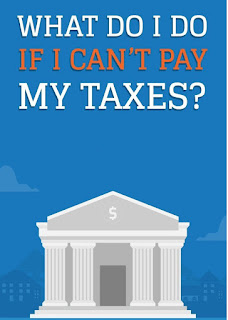Refresher on Tax-Smart College Savings Strategies for Parents

Refresher on Tax-Smart College Savings Strategies for Parents College costs lots of money these days, so saving for your college-bound child is a big deal. Saving in a tax-smart fashion can really help. In this article, we explain the most helpful federal income tax breaks that are potentially available to college savers. Here goes. College Is Expensive! Data for the 2019-2020 academic year indicates that the average cost of tuition, fees, room, and board was $32,500. Here are some average sticker-price numbers: $12,720 for a public two-year institution at the in-state rate ($3,730 for tuition and fees plus $8,990 for room and board $21,950 for a public four-year institution at the in-state rate ($10,440 for tuition and fees plus $11,510 for room and board) $38,330 for a public four-year institution at the out-of-state rate ($26,820 for tuition and fees plus $11,510 for room and board) $49,879 for a private non-profit four-year institution ($36,880 for tuition and fees plus $...



